Ten Questions for Srikanth Reddy
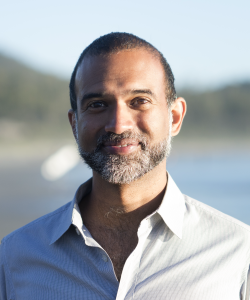
The orality and intimacy of the lecture bring it closer to some aspects of lyric poetry than the nonfiction essay. —Srikanth Reddy, author of The Unsignificant
Jump to navigation Skip to content
Articles from Poet & Writers Magazine include material from the print edition plus exclusive online-only material.

The orality and intimacy of the lecture bring it closer to some aspects of lyric poetry than the nonfiction essay. —Srikanth Reddy, author of The Unsignificant
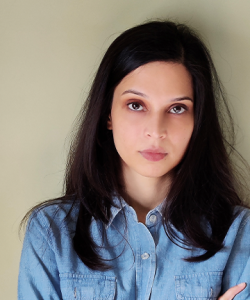
“There is no point in learning how to sculpt if you don’t know where to get the clay.” —Devika Rege, author of Quarterlife.

The author of Us From Nothing offers an exercise to enhance the body’s role in the act of writing.

“Now, though, years have passed, and I do have more peace about my past and my process. From afar, I can finally see what I was doing, and why.” — Jay Baron Nicorvo, author of Best Copy Available: A True Crime Memoir

The author of Us From Nothing offers an exercise to become mindful of the body’s role in the act of writing.
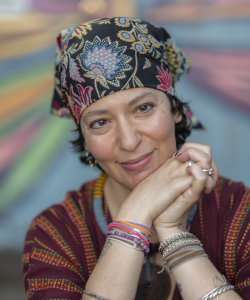
“Don’t forget to have a good time. Stay loose. Enjoy the labor. Follow through.” —Elisa Albert, author of The Snarling Girl
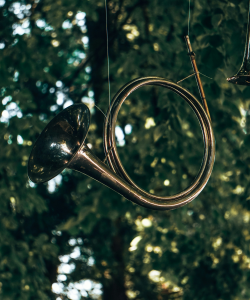
The author of Us From Nothing revises his thinking about the role of the body in writing.
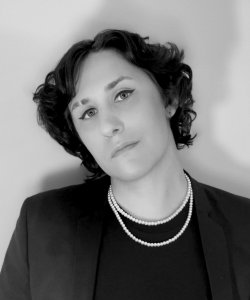
“I’d love to be the kind of writer who sits down at my desk at a specific and predictable time...and write, but I’ve never been that writer. —torrin a greathouse, author of DEED.

This series of interviews with over forty book editors, publishers, and agents offers a unique look at the past, present, and future of the book industry and what writers can do to thrive in today’s publishing world.

Excerpts from Bones Worth Breaking by David Martinez, Little Seed by Wei Tchou, The Lucky Ones by Zara Chowdhary, The Exit Is the Entrance by Lydia Paar, and Come by Here by Neesha Powell-Ingabire.

The former editorial director of Akashic Books, now an executive editor at Viking, talks about his experience moving from an indie press to one of the Big Five publishers.

The Odesa Poetry Studio is a free program that creates space for children to gather, write poems, and share their work with one another, validating their voices and feelings as they live through ongoing war.
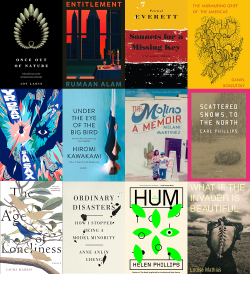
The first lines of a dozen noteworthy books, including Yr Dead by Sam Sax and Under the Eye of the Big Bird by Hiromi Kawakami.
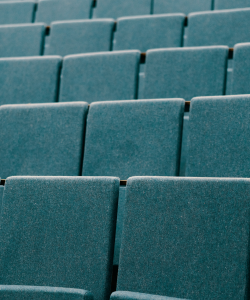
Despite decades of explosive growth, factors including financial pressure and low admissions have left many MFA programs with no choice but to close. Faculty and administrators reflect on the fallout for their communities.

A look at two new anthologies, including Here to Stay: Poetry and Prose From the Undocumented Diaspora, edited by the writer-activists of Undocupoets.
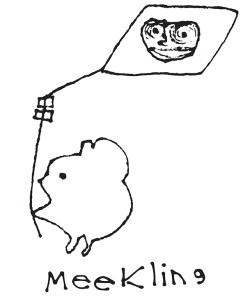
For more than ten years, Meekling Press has been producing artist books, blending text and visual design to make unique literary-art objects with a playful punk sensibility.
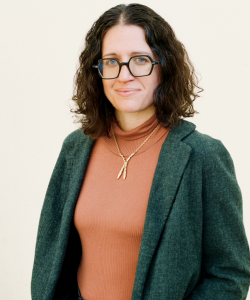
The author of Thanks for This Riot, a debut story collection, introduces some of the online publications that first gave her stories a home, including American Literary Review and Okay Donkey.

The executive editor of Callaloo Literary Journal, one of the most influential publications of the African diaspora, speaks about Callaloo’s future and how the journal will continue to break new ground.

Inspired by traditional and contemporary quilt patterns, artist Larry Clifford crafts each of his BiblioQuilts from hardcover books rescued from libraries, basements, and attics.
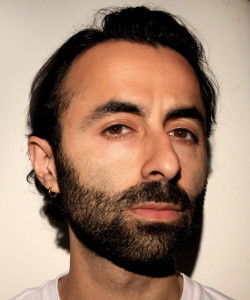
“I thrive in the blur between my waking world and my invented worlds.” —Navid Sinaki, author of Medusa of the Roses

The author of Freedom Is a Feast examines the inspirational power of real-life events.

“I treat my life as fodder for literature, so I consider living it (surviving it) as part of writing.” —Ismet Prcic, author of Unspeakable Home

The author of Freedom Is a Feast explores tactics for creating compelling, human, three-dimensional characters.

“That I’ve never expected this work to be fast or easy is a priceless gift, my saving grace.” —Bret Anthony Johnston, author of We Burn Daylight
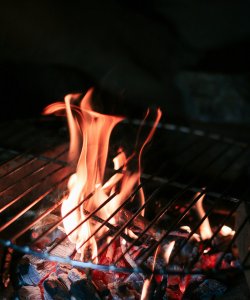
The author of Freedom Is a Feast considers cuisine and its place in fictional narratives.